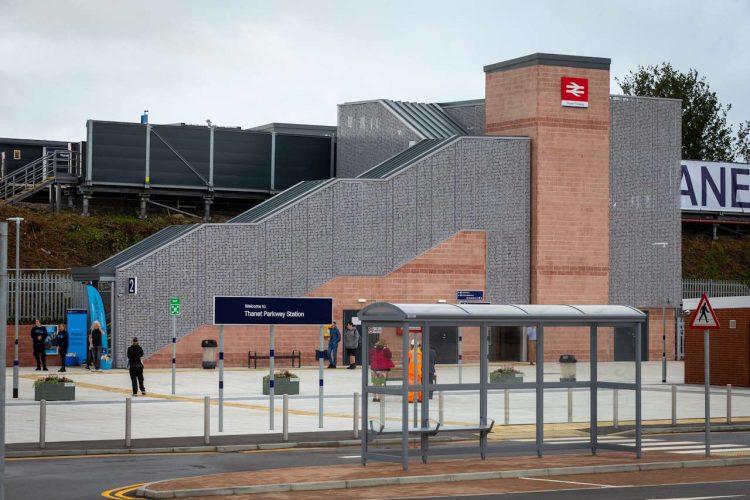Southeastern has initiated a six-month and £2 million investment programme to deep clean 116 of its stations and upgrade 20 others.
The work is part of a rapid investment programme across the Southeastern network and is scheduled to be completed by the end of March 2025.

The deep cleans will be over and above the normal cleaning work across the network, while the upgrades will include repairs and improvements to customer facilities and public areas being repainted.
Southeastern is making the investment in its stations as part of a wider goal to provide its customers with a better, more reliable, and sustainable railway.
The number of customers using Southeastern trains is continually increasing, with last month setting a post-pandemic record of 400,000 entries and exits at its stations in London.

Between April and June this year, the number of customers travelling on Southeastern trains increased by more than 7% over the same period last year.
To support this growth, when the new timetable is introduced next month, Southeastern will run 220 extra services every week.
These include more ‘Rounder’ services on the Metro area of the network to provide more services for customers in south-east London.
During the next few weeks, Southeastern will be making announcements about further improvements to its stations; these will include new waiting shelters and seating and refurbishment of retail outlets.

“Our stations are the first and last impression our customers receive and that is why we are continually working to ensure they’re at the highest possible standard.
David Wornham, Passenger Services Director at Southeastern
“This £2million investment will see 116 stations deep cleaned alongside improvement and repair work at 20 stations – all to be delivered before the end of March next year.
“We run a growing railway, with over 400,000 journeys in and out of London on our busiest days, and this further investment in our stations, alongside our expanded timetable, will help to further increase customer numbers and support our wider communities.”





Responses
needs a lot more than this, the medway valley line is in terrible state, station buildings need bringing back into use and actually staffing stations, not just flooding the line with ticket inspectors, the new bridge and canopies at gravesend are rusting badly, no lineside maintenance on either the north kent main or medway valley line. Wake up and sort the mess out